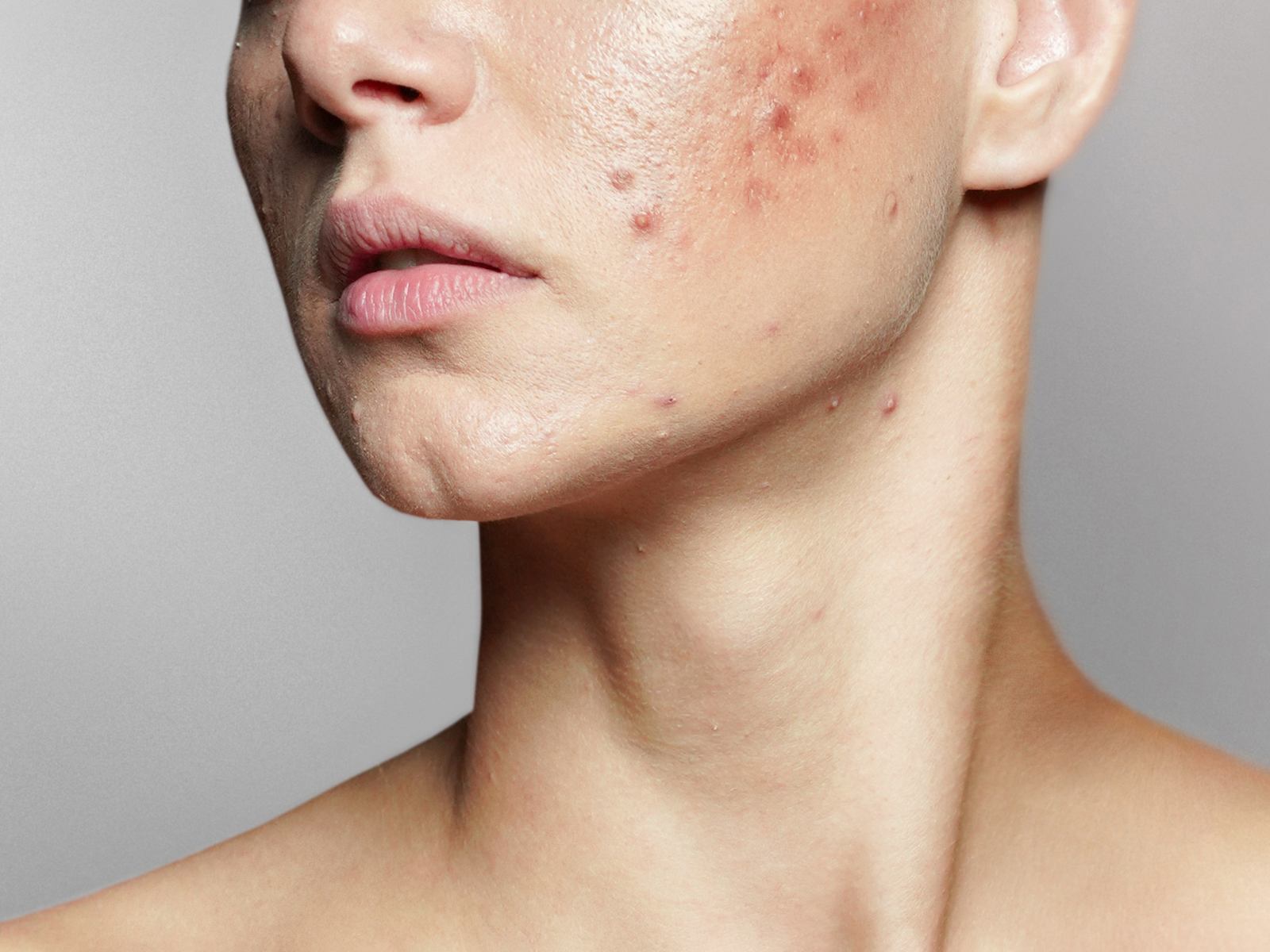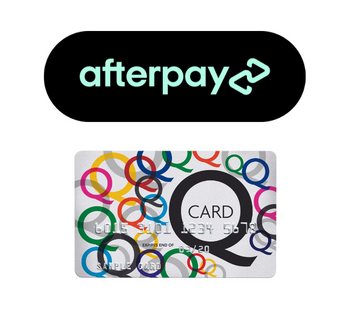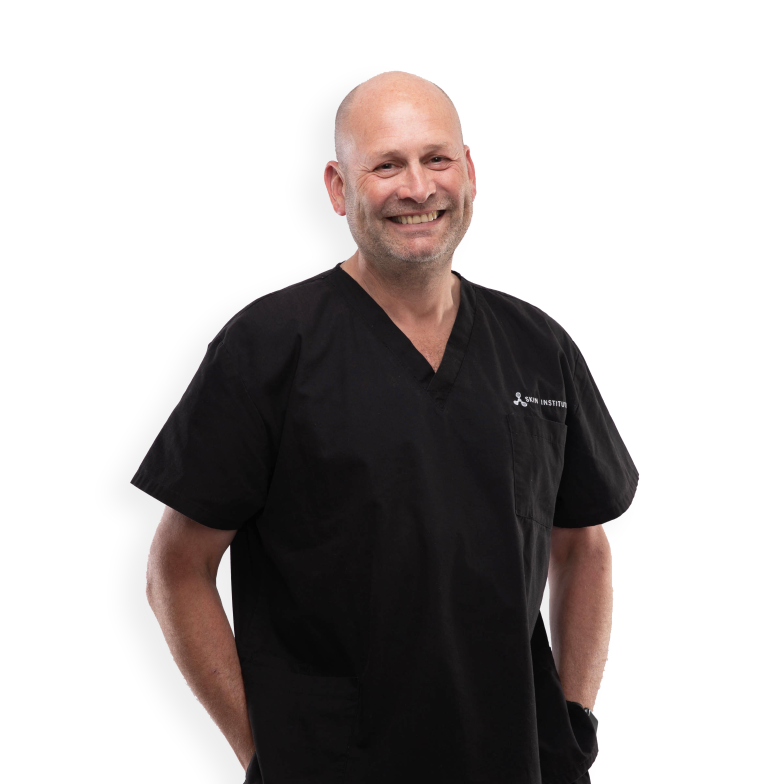
If you’ve got mild acne, we can likely treat it with a combination of topical skincare and medical procedures. Remember our treatment cheat sheet? Here’s what you can expect from each step:
Moderate to severe acne will usually require a combination of topical skin care (as outlined above) and oral medication, as prescribed by a dermatologist. A course of medication will often be for at least six months and may be prescribed alongside other treatments such as steroid injections, IPL or glycolic/salicylic acid peels.
Up to 85% of New Zealanders between 15 and 25 are affected by acne to some degree – so you’re not alone! However, some people have especially severe acne, with a variety of causes and factors, which could include:
Addressing acne and acne scarring involves a multifaceted approach combining professional treatments and diligent home care. Consulting with a specialist can provide a personalised treatment plan to effectively manage acne and reduce scarring, helping to achieve clearer and healthier skin.
You know how frustrating acne can be, but do you understand why it happens? The pores in your skin are connected to particular oil glands (called sebaceous glands) that produce a substance called sebum. Sometimes, the sebum can build up, and when this build-up combines with dead skin cells (keratin), the result is a comedone – the technical name for what you might know as black heads, white heads or blind pimples. If further skin debris and bacteria accumulate, the comedone can become inflamed – turning into an acne pimple or pustule.
As with any medical condition, getting on top of treatment for acne sooner rather than later can have a hugely positive impact on your life. Early treatment means a reduced chance of scarring – and less time dealing with the emotional stress that acne can cause.
Acne plagues people of all ages, but particularly those going through adolescence. Whether pimples, blackheads, clogged pores, or irritable skin, acne affects people in different ways.
You may seek treatment for a variety of reasons:
The team will be able to assist you with a booking at your nearest Skin Institute clinic offering Cooltech™

At Skin Institute, we accept cash, Eftpos or credit cards. There are also easy ways to spread your payments with QCard or Afterpay.

What’s so great about Skin Institute’s multi-disciplinary approach is that we can offer patients the whole package – from education, to treatment, to follow up care.